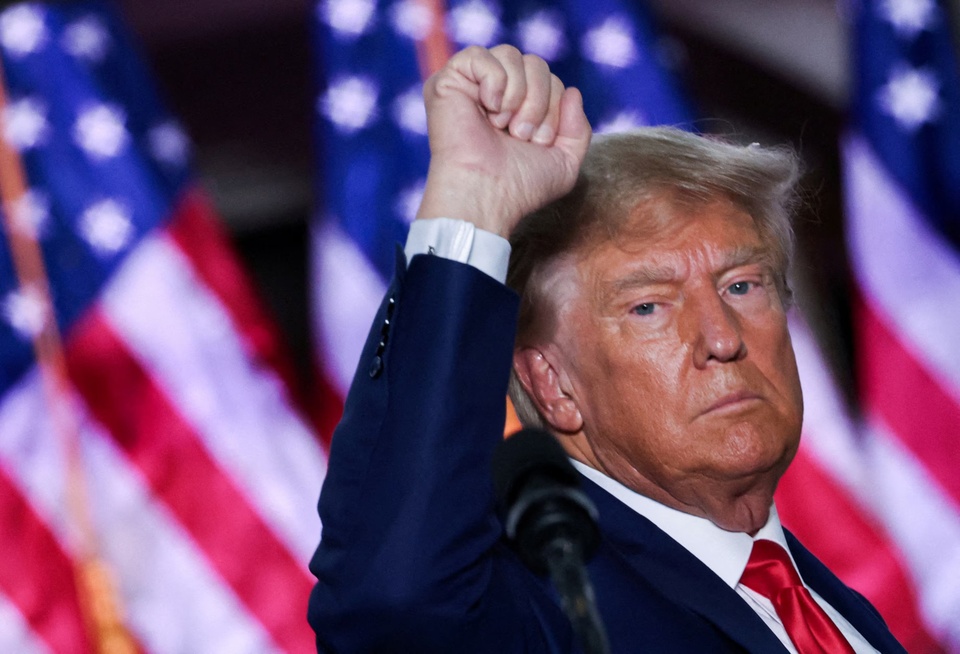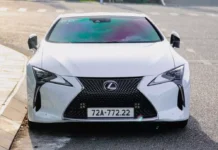
|
According to Carscoops, the additional 25% import tax that President-elect Donald Trump has proposed on cars manufactured in Mexico and Canada could make affordable cars in the US more expensive.
An analysis by Wolfe Research indicates that the average selling price of cars in the US could increase by $3,000 once the aforementioned tariff policy takes effect. This is bad news for those who can only afford inexpensive cars.
Data from Edmunds shows that about a third of the cars sold in the US for under $30,000 are currently produced in Mexico.
The competitive pricing of cars like the Nissan Sentra, Kia Forte, and Ford Maverick is said to benefit from Mexico’s low labor costs. According to Carscoops, the 25% import tax proposed by Mr. Trump could increase car prices, making these models unaffordable for many American buyers.
“Do anything you want with me, just don’t tax me,” lamented Steven Center, CEO of Kia in the US.
Reports show that the average wage for auto workers in Mexico is around $3.50-$4.30 per hour, significantly lower than the average of $33 per hour in the US.
This allows car manufacturers to keep prices low, especially for models with small profit margins. According to Carscoops, this strategy may backfire if the new Trump administration imposes the aforementioned tax.
|
|
The monthly amount Americans pay to own a car is currently around $750, a significant increase from the average of $500 per month in 2016. About 20% of Americans say they pay close to $1,000 per month for car payments.
The higher payments are believed to be why many Americans are opting for smaller, cheaper cars, many of which are produced in Mexico.
Mary Barra, CEO of General Motors, hinted that the threat of tariffs could be mitigated through “negotiations” between car manufacturers and the government. About a third of General Motors’ cars sold in the US are produced in Mexico.
Some car manufacturers are seeking alternative solutions. For example, Mazda may move some of its production to its Alabama plant or increase direct imports from Japan. According to Carscoops, these measures may only reduce the impact, not eliminate the negative effects of the new import tax.
|
|
Data shows that Mexico currently produces nearly 4 million new cars annually, with about 70% of them exported to the US.
The new import tax that the Trump administration intends to implement will disrupt this trade flow and limit the affordable car options for American consumers, while car manufacturers with a presence in the US will have to adapt to these changes.
Recommended Reads for Your Next Road Trip
Our Cars section offers a diverse range of captivating books to keep you entertained during your travels. Whether you’re embarking on a long journey or enjoying a quiet moment, these reads are the perfect companions.
VinFast Signs Landmark Deal with Mexico’s Driver’s Union
VinFast and the Durango Drivers’ and Workers’ Union in Mexico have joined forces in an ambitious Green Public Transport Transformation initiative. As part of this strategic collaboration, VinFast will supply the union with up to 3,000 VF 5 electric cars and 300 electric buses, revolutionizing transportation in Mexico.













































